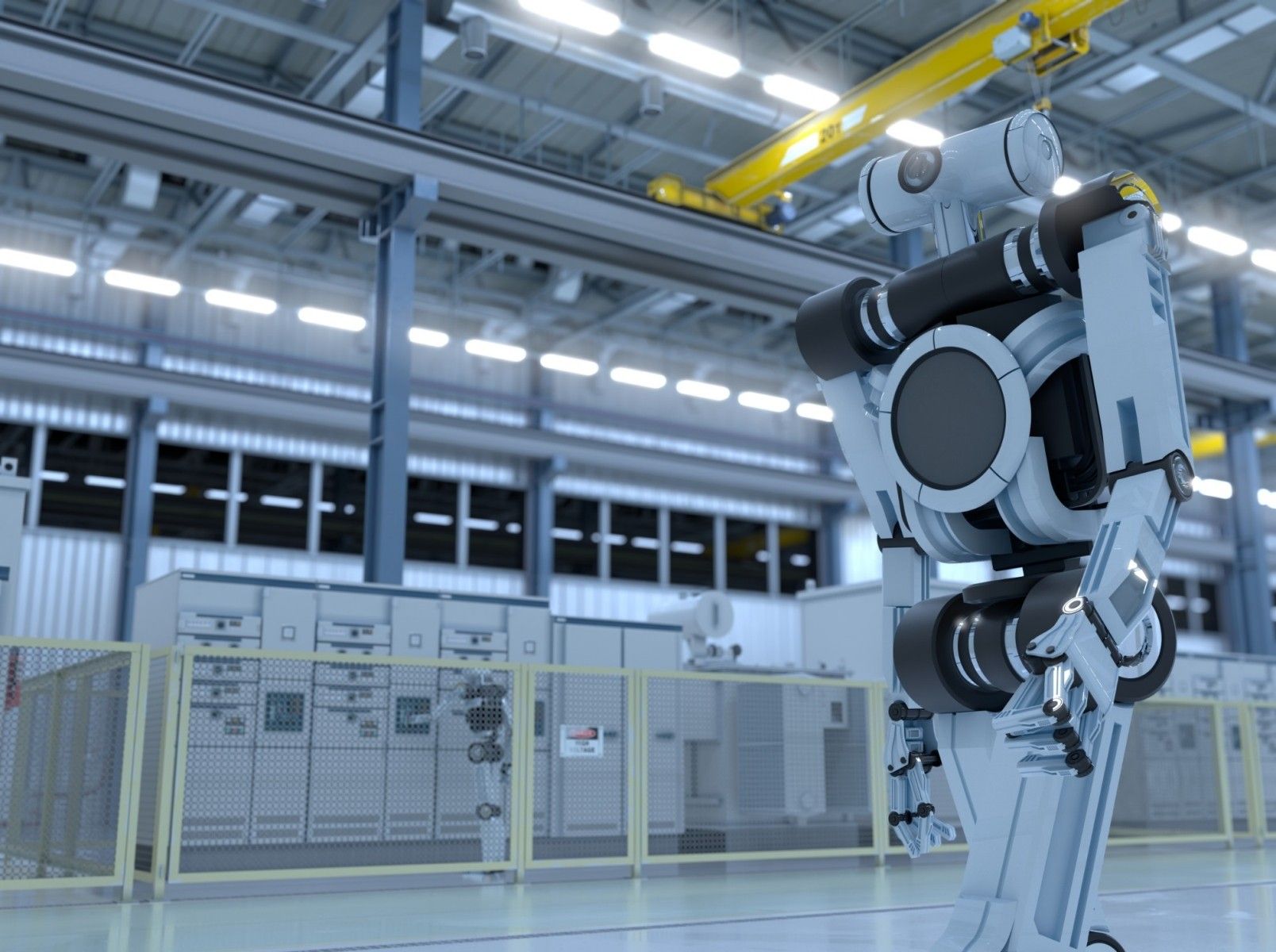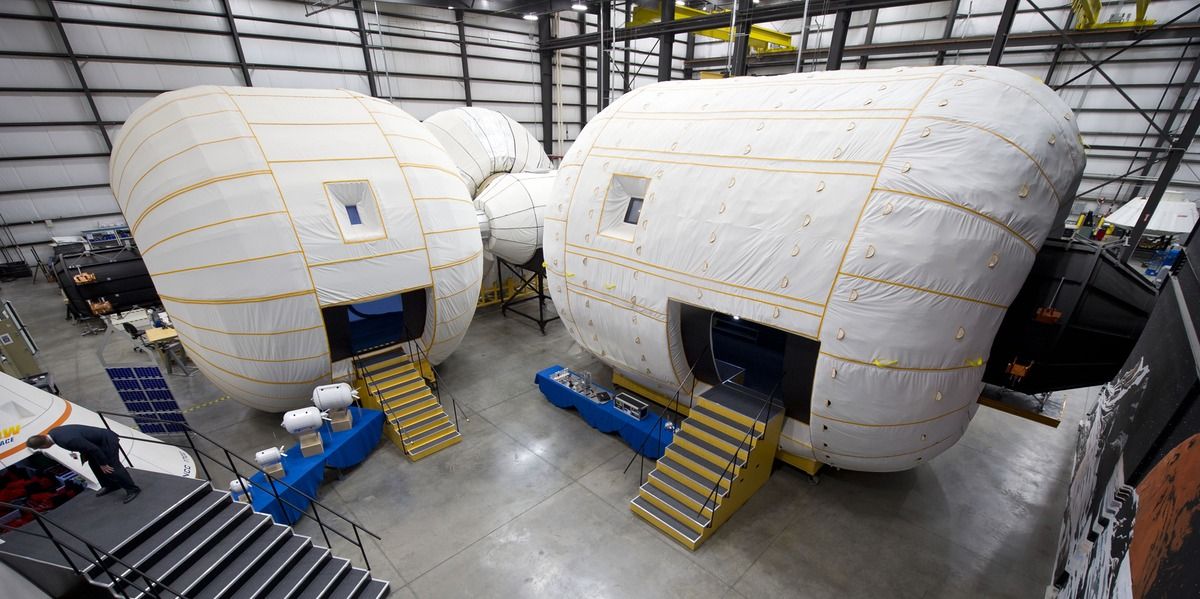
That might not be a bad thing.
V isitors to Henn-na, a restaurant outside Nagasaki, Japan, are greeted by a peculiar sight: their food being prepared by a row of humanoid robots that bear a passing resemblance to the Terminator. The “head chef,” incongruously named Andrew, specializes in okonomiyaki, a Japanese pancake. Using his two long arms, he stirs batter in a metal bowl, then pours it onto a hot grill. While he waits for the batter to cook, he talks cheerily in Japanese about how much he enjoys his job. His robot colleagues, meanwhile, fry donuts, layer soft-serve ice cream into cones, and mix drinks. One made me a gin and tonic.
H.I.S., the company that runs the restaurant, as well as a nearby hotel where robots check guests into their rooms and help with their luggage, turned to automation partly out of necessity. Japan’s population is shrinking, and its economy is booming; the unemployment rate is currently an unprecedented 2.8 percent. “Using robots makes a lot of sense in a country like Japan, where it’s hard to find employees,” CEO Hideo Sawada told me.
Read more









